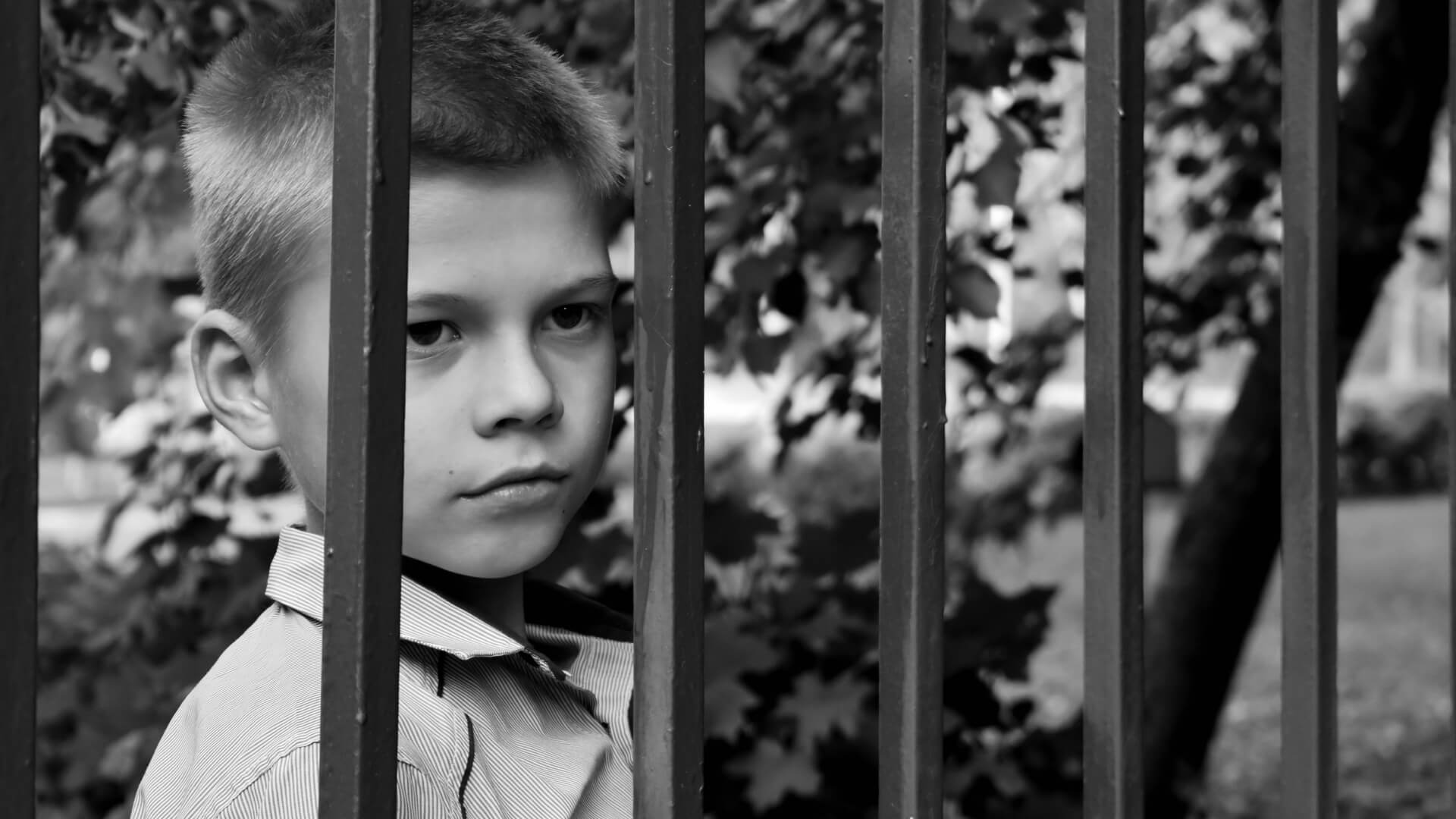What Are the Most Common Juvenile Offenses?

Our children, no matter how well we raise them, will not always do the right thing. They sometimes make mistakes, do dumb things, and get into trouble. Often, that trouble can be a wake-up call, but other times it can be a devastating mark on their life that follows them forever. Not all crimes are made equal, which is true regarding the most common juvenile offenses.
If your child has been charged with a common juvenile offense, contact the criminal defense attorneys at Mazzoni Valvano Szewczyk & Karam. Our attorneys can assist you with providing legal representation for your child against the most common crimes and ones that aren’t so common.
6 Most Common Juvenile Offenses
In Pennsylvania, to go to juvenile court, a child has to be at least 12 years old and be charged with a serious offense. If they are 14 and charged with any felony, they can go to juvenile court. Only in rare and extreme circumstances will a child younger than 12 see any kind of criminal court. A person stops being considered a juvenile once they turn 18, but if they were charged as a juvenile but turn 18 before their case is concluded, they will still be treated as a juvenile.
Most crimes commonly committed by juveniles are not felonies unless they are repeat offenders. Even then, only the most extreme and violent cases will see a juvenile face the criminal court for everyone 18 years or older.
Theft Crimes
This includes four types of crimes: retail theft/shoplifting, burglary, robbery, and larceny. Retail theft/shoplifting is one of the least serious of the four. It typically involves no violence from the accused toward anyone else. What raises it from a misdemeanor to a felony is how much someone steals.
Burglary involves breaking into someone’s home or trespassing onto their property with the intent to steal. It’s a combination of theft and trespassing. This can lead to a serious felony charge, even if nothing is stolen.
Robbery can commonly be the most serious because it involves stealing something from someone’s physical person. This necessitates violence or the threat of violence to be robbery. This can turn a criminal charge into a serious felony.
If the theft was not from a store, not by breaking into someone’s home, and not from their person, then it’s larceny. Larceny is stealing someone’s personal property and nothing else. An example of this would be stealing someone’s money or phone after they left it out or when they weren’t looking. There was no trespassing or violence involved, only theft from a specific person.
Alcohol Offenses
Underage drinking is a problem across the country, making it one of, if not the most common juvenile offense in the country. At the same time, compared to the other crimes, this is arguably the least serious, as it is neither a misdemeanor nor a felony. The punishment is a fine and possibly a suspension of the juvenile’s driver’s license if they have one. If the child is drunk while driving, the charge becomes much more serious.
If your child is caught drinking underage, and you want to preserve their ability to drive, you need to fight the charge.
Disturbing the Peace / Loitering
Now, disturbing the peace and loitering are not the same crime. Disturbing the peace is to create a disturbance or annoyance that wants to prompt an immediate, physical, or violent reaction from another person, which will threaten the order or peace of the public. Loitering is to wait around idly without purpose in an area where that’s not allowed.
We’ve grouped these two together because of growing instances of juveniles being accused of both as public places for them to congregate decrease more and more each year. Public parks are decreasing in number and quality, malls are closing down, and places like the YMCA have been permanently hurt by the previous pandemic.
Places that used to welcome young kids no longer do, and many believe this has led to many juveniles being harassed, branded as disturbances, and having the authorities called on them to be removed from public spaces or traveling in groups. There’s been a marked increase in many places across Pennsylvania and the country making it illegal to stand just about anywhere, with many establishments targeting minors.
Drug Offenses
Selling, using, and possessing drugs are common drug crimes among juveniles. There are many juveniles who bring drugs to school to make money or to be a nuisance in school. Some drugs like marijuana have a stigma of being similar to alcohol, but that doesn’t make them any less illegal to consume when you’re underage.
Vandalism
The act of vandalism is when someone deliberately destroys or damages public or private property. It’s common for juveniles to destroy things as they pass by. For instance, many are charged with vandalism because they broke a sign they passed by that they wanted to mess with. In some places, it’s more common to graffiti places. Vandalism can be hard to prove in the moment and can lead to some people being accused who had nothing to do with the property destruction.
Criminal Trespass
Everyone’s gone places where they shouldn’t have as kids. As stated earlier, places for juveniles to hang out have been shrinking or becoming illegal for them to be. Criminal trespass involves being on someone else’s property without permission, including abandoned properties that juveniles like to hang out in.
Contact the Criminal Defense Attorneys at MVSK Law for Common Juvenile Offenses
Juvenile courts may not have the same reputation as criminal courts, but that doesn’t mean it’s not serious. Any of the common juvenile offenses listed above carry long-term consequences for a kid’s future. If your child has been charged with anything, you need to contact the experienced criminal defense attorneys at MVSK Law. Our attorneys can help and will start working on your case immediately. With criminal defense, every minute matters.

